US to impose 25 per cent tariffs on cars, ‘lenient’ reciprocal levies
Canada says Trump betrayed their trade agreement with tariffs covering cars and car parts; the President says no country will be exempt from reciprocal tariffs but they’ll be less than expected.
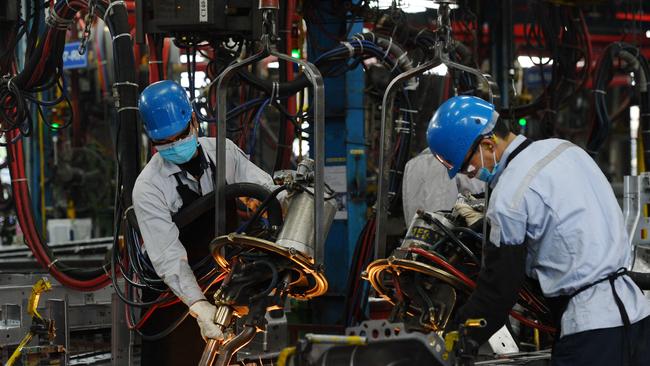
The large American trade surplus with Australia may not save Canberra from the reciprocal tariffs planned by Donald Trump for April 2, but the US President said the world would be surprised at how “lenient” the levies would be.
An administration official told The Australian it was not a question of which countries had a trade surplus or deficit with the US, but of ensuring reciprocity with regard to both tariffs and non-tariff trade barriers. No guidance was available on whether there were plans for Australia to be tariffed.
The warning came as Department of Prime Minister and Cabinet officials revealed at a Senate estimates hearing on Thursday that Anthony Albanese’s request to speak with Mr Trump earlier this month was still outstanding.
Mr Trump had initially said he would give “great consideration” to exempting Australia from his steel and aluminium tariffs, though this did not happen.
On Wednesday local time, he announced plans to impose a 25 per cent tariff on “all cars that are not made in the United States” and clarified that his reciprocal tariffs starting from April 2 would apply across the board – not just to nations with the worst trade imbalances with Washington.
The US President said that his tariffs on cars would be permanent and lead to “tremendous growth” in the domestic manufacturing of cars while raising “anywhere from $US600bn to $1 trillion”.
“This is permanent. One hundred per cent,” he said.
On the reciprocal tariffs, Mr Trump said he would “make it all countries – and we’re going to make it very lenient”.
“I think people are going to be very surprised. It’ll be, in many cases, less than the tariff that they’ve been charging us for decades,” Mr Trump said in the Oval Office. “We’re trying to keep it somewhat conservative.”
It is still unclear how Australia would be affected by the proposed reciprocal tariff regime slated to begin on April 2, which Mr Trump has branded “Liberation Day”.
He also repeated his arguments that foreign countries had “really ripped us off at levels that nobody’s seen before”.
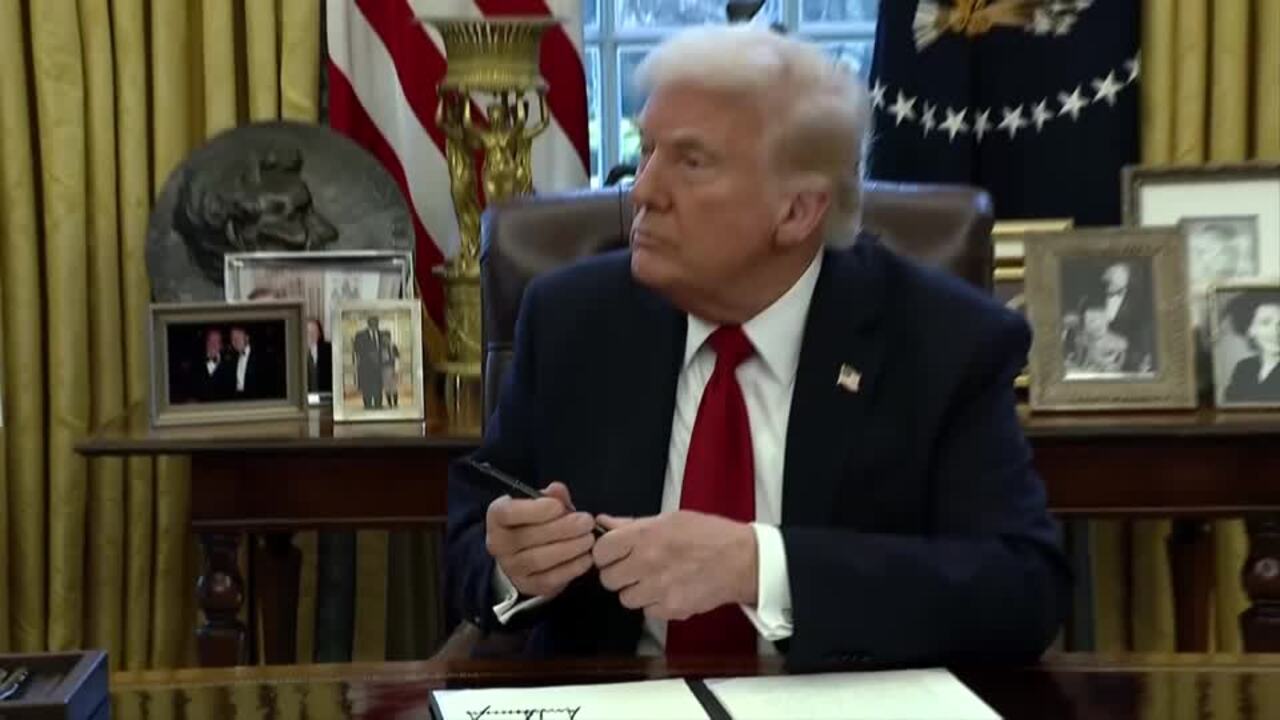
He made it clear that America would start collecting the auto tariffs on April 3, the day after he is expected to announce the broader slate of reciprocal trade actions.
“What we’re going to be doing is a 25 per cent tariff on all cars not made in the US,” Mr Trump said.
“We’ll effectively be charging a 25 per cent tariff. But if you build your car in the United States, there is no tariff.”
He said the tariffs would mean manufacturers would “come into our country and build – and they’re already looking for sites”.
Mr Trump said he had spoken to the big three carmakers – Ford, Stellantis and General Motors – about the decision, and noted they were “going to move their parts divisions back to the United States, because some of them were made in Canada, some of them were made in Mexico”.
“They’ll be moving their parts division back to the United States,” he said. “Generally, speaking, if they have factories here … they are thrilled.”
He also clarified that if parts were made in America for cars that were manufactured elsewhere, “those parts are not going to be taxed or tariffed, and we’ll have very strong policing”.
The proclamation signed by Mr Trump – invoking section 232 of the Trade Expansion Act of 1962 – was aimed at “addressing a critical threat to US national security” and made it clear he was taking action to “protect America’s automobile industry”.
The 25 per cent tariff will apply to all imported passenger vehicles – sedans, SUVs, crossovers, mini-vans, cargo vans – and light trucks, as well as key automobile parts including engines, transmissions, powertrain parts, and electrical components.
The proclamation said that importers of cars under the United States-Mexico-Canada Agreement would be “given the opportunity to certify their US content” and “the 25 per cent tariff will only apply to the value of their non-US content”.
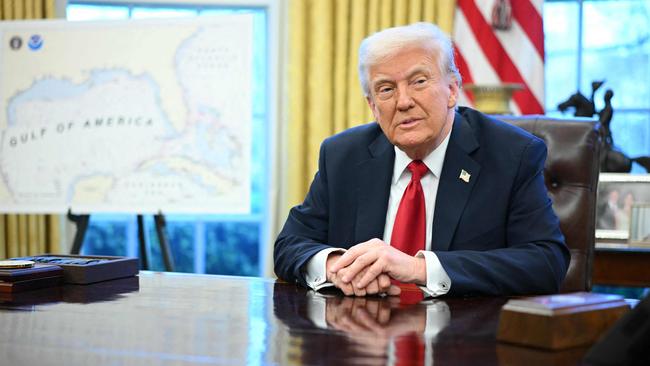
“USMCA-compliant automobile parts will remain tariff-free until the Secretary of Commerce, in consultation with US Customs and Border Protection, establishes a process to apply tariffs to their non-US content,” it said.
It also noted that in 2024, Americans bought approximately 16 million cars, SUVs, and light trucks, and 50 per cent of these vehicles were imports.
Of the other eight million vehicles assembled in America, the average domestic content was conservatively estimated at only 50 per cent.
“Therefore, of the 16 million cars bought by Americans, only 25 per cent of the vehicle content can be categorised as Made in America,” it said. “The United States trade deficit in automobile parts reached $US93.5bn in 2024.”
Canadian Prime Minister Mark Carney called the tariffs a direct attack on Canadian workers and said Canadian officials would decide what actions to take – including possible retaliatory tariffs – after seeing the language of Mr Trump’s executive order.
“It’s clear that this is a violation and he has betrayed our trade agreement,” said Mr Carney, who is going to the polls on April 28.
Nearly half of new passenger vehicles sold in the US in 2024 were assembled outside the US, according to data from S&P Global Mobility.
Mexico was the biggest auto exporter to the US, sending pick-ups from General Motors, Ram and Toyota as well as affordable sedans from Nissan and luxury models from BMW and Volkswagen’s Audi.
Popular mass-market vehicles such as Toyota’s RAV4 and Honda’s Civic are also imported from Canada for sale in the US.
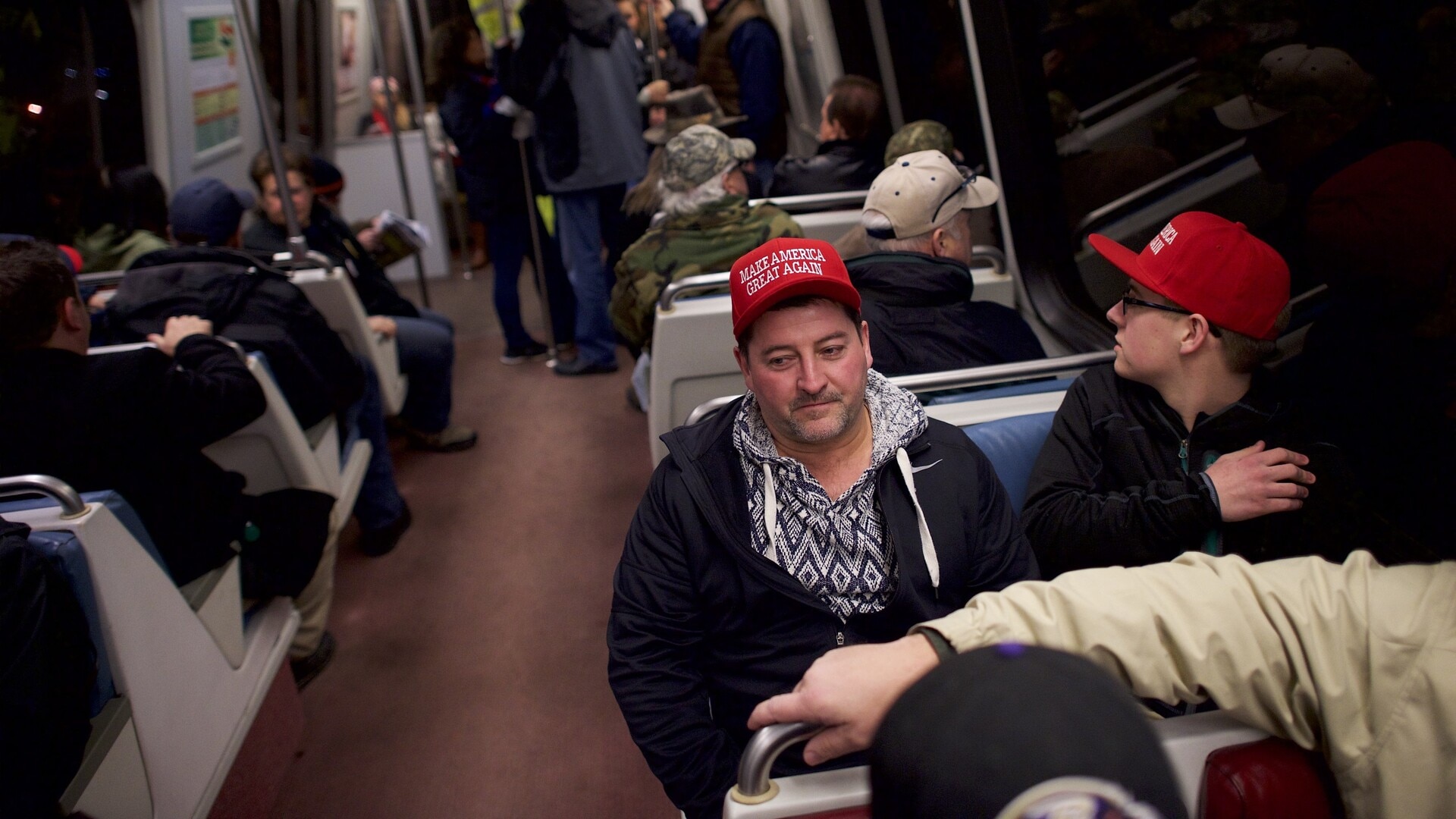
Autos Drive America, a trade group representing foreign automakers with US operations, including Toyota, Volkswagen, Honda and Hyundai, said tariffs would make cars even less affordable after significant price increases since the onset of the pandemic.
GM stock slid 8 per cent after hours on Wednesday, while Ford Motor declined 5 per cent and Jeep and Ram parent company Stellantis fell 5 per cent.
Tesla, which builds its domestically sold electric vehicles in the US, gained about 1 per cent.
Mr Trump’s previously proposed tariffs of 25 per cent on Canada and Mexico would add about $6000 in costs to vehicles assembled in those countries, assuming parts were also included in the levies, Cox Automotive said.
“Bottom line: lower production, tighter supply and higher prices are around the corner,” Cox Automotive chief economist Jonathan Smoke said.
Mr Trump’s team has whipsawed between a maximalist approach to tariffs and offering potential leniency for companies and trading partners. He originally said that he would impose sector-specific tariffs on industries such as semiconductors, lumber and pharmaceuticals on April 2. But he reiterated on Wednesday those industry-specific tariffs wouldn’t happen on that date, though they could be announced later.
United Auto Workers president Shawn Fain called the tariffs “a major step in the right direction for auto workers and blue-collar communities across the country”.
The UAW has said automotive-industry outsourcing to Mexico has decimated US manufacturing jobs since the free-trade agreement was signed in 1994.
The EU said it deeply regretted Mr Trump’s decision to levy tariffs on the bloc’s automotive exports.
“The EU will continue to seek negotiated solutions while safeguarding its economic interests,” EU president Ursula von der Leyen said.
Additional reporting:
The Wall Street Journal, Sarah Ison


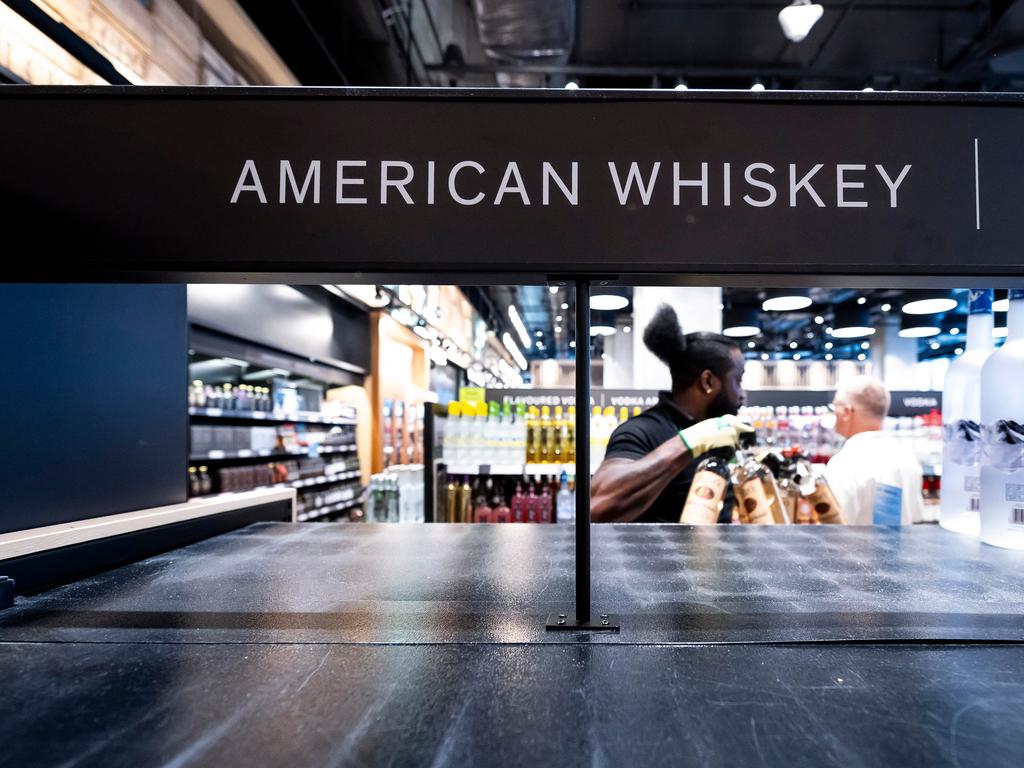
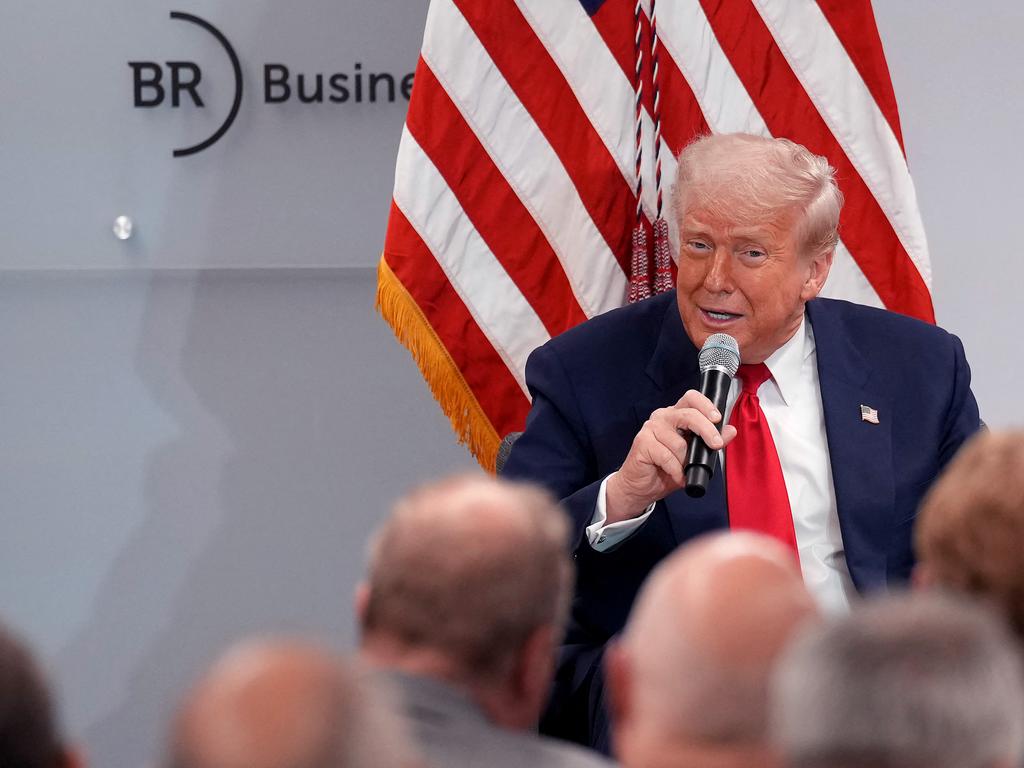


To join the conversation, please log in. Don't have an account? Register
Join the conversation, you are commenting as Logout